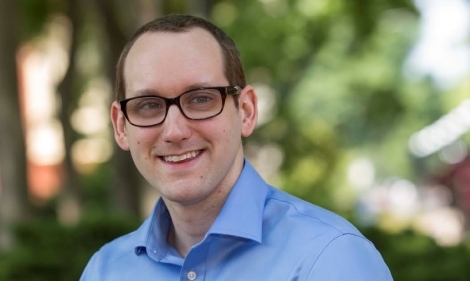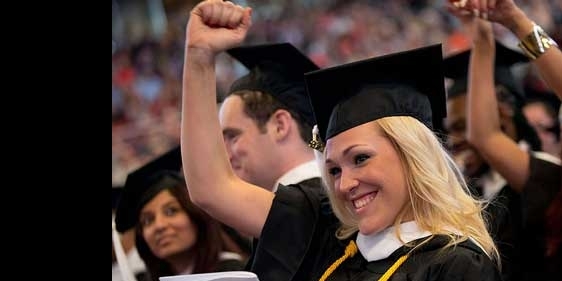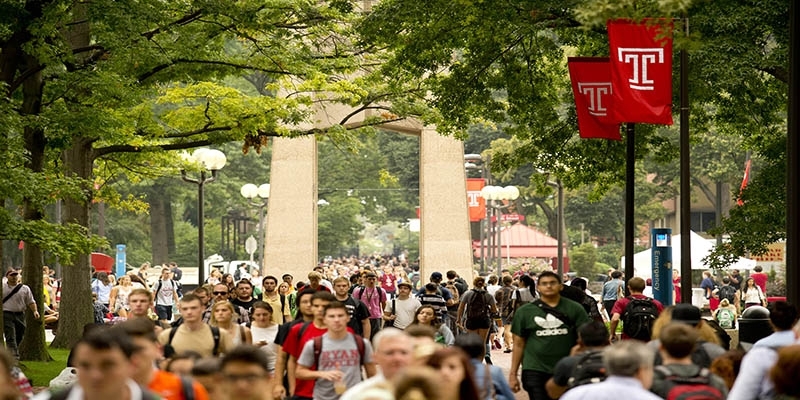Temple professor on FiveThirtyEight: Why college tuition keeps going up
Declining state funding is primary culprit, says Webber.
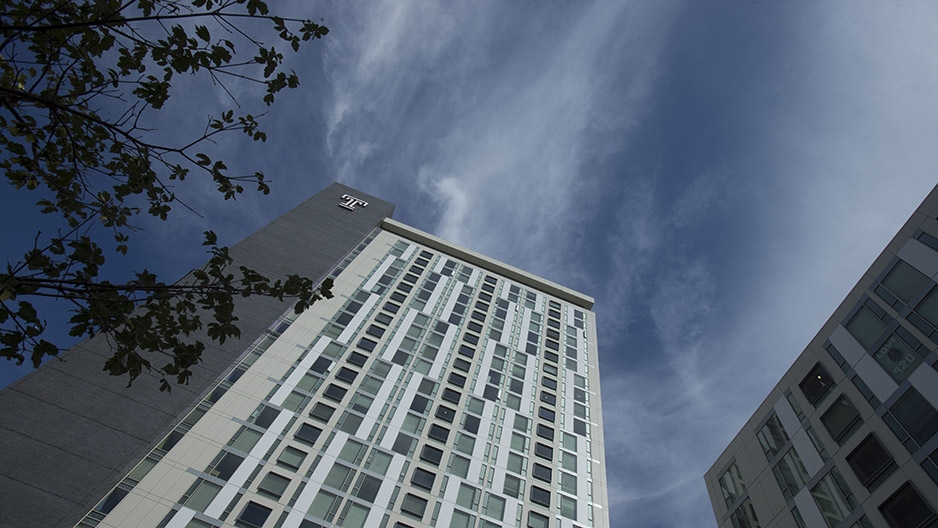
Why does the price of a college education keep going up? Commentators have pointed the finger at new dorms or the salaries of college administrators and faculty members. Not so fast, argues Temple economist Douglas Webber in an essay at FiveThirtyEight, the website celebrated for its analyses of subjects ranging from politics to sports.
“It’s tempting to blame…shiny buildings and new administrators for the big increase in tuition,” wrote Webber, an assistant professor at Temple’s College of Liberal Arts and a research fellow at the Institute for the Study of Labor. “Those elements have played a role, to be sure, but by far the single biggest driver of rising tuitions for public colleges has been declining state funding for higher education.”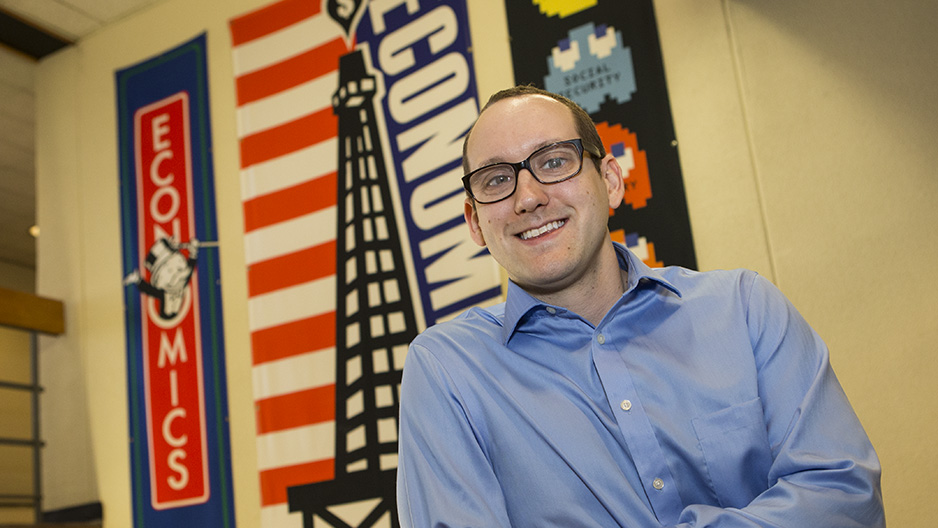
Douglas Webber
Photography by: Joseph V. Labolito
Webber calculated that three-quarters of the increase in college tuition since 2000 at public four-year institutions nationwide can be attributed to the decline in state support. In Pennsylvania, where the amount of state funding per student has decreased by $3,200 since 2000, that declining state support accounts for nearly 93 percent of tuition increases over the same time period.
An expert in the economics of higher education, Webber testified before the U.S. Senate on student debt in 2015. He has been quoted frequently in The Chronicle of Higher Education on subjects ranging from the higher-education policy proposals of presidential candidates to the value of college degrees.
